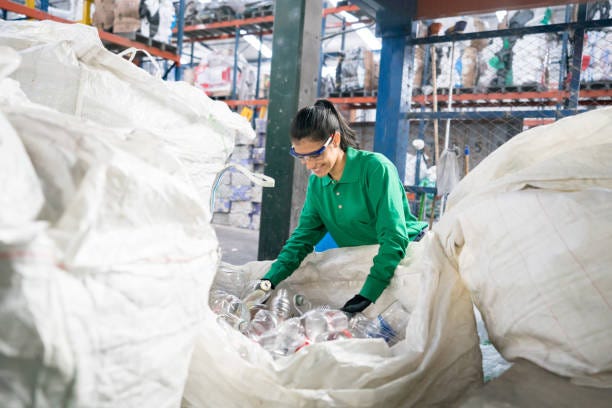Powering Sustainability: Battery Recycling Leading the Charge
In India, as the digital age unfolds and technology becomes an integral part of daily life, the demand for batteries has surged. From smartphones to electric vehicles, batteries power our world. However, the environmental impact of battery disposal is significant, necessitating sustainable solutions. Enter battery recycling companies in India, pioneering efforts to mitigate environmental harm while harnessing the potential of recycling. In this article, we delve into the significance of battery recycling, the challenges faced, and highlight some leading companies driving this eco-friendly initiative in India.

Understanding the Importance of Battery Recycling:
Batteries contain various toxic substances such as lead, mercury, cadmium, and lithium, posing serious environmental and health risks if not disposed of properly. Improper disposal leads to soil and water contamination, posing threats to flora, fauna, and human health. Battery recycling plays a crucial role in minimizing these risks by recovering valuable materials while reducing the need for raw material extraction. It conserves resources, reduces energy consumption, and lowers greenhouse gas emissions associated with manufacturing new batteries.
Challenges Faced in Battery Recycling:
Despite its environmental benefits, battery recycling companies in India faces several challenges. Collection and segregation of used batteries remain a significant hurdle due to inadequate infrastructure and awareness. Many batteries end up in landfills or informal recycling sectors, where they are either incinerated or dismantled under unsafe conditions, exacerbating environmental pollution and health hazards. Additionally, the lack of standardized recycling processes and technologies complicates the efficient recovery of valuable materials from batteries.
Leading Battery Recycling Companies in India:
Gravita India Limited: Gravita is one of India’s leading recycling companies, specializing in lead-acid battery recycling. With state-of-the-art facilities and environmentally sound practices, Gravita ensures the safe disposal and recycling of lead-acid batteries, recovering lead and plastic for reuse in various industries.
Tata Chemicals: Tata Chemicals is committed to sustainable practices and has ventured into battery recycling through its subsidiary, Tata Chemicals Battery Recycling Business. Leveraging innovative technologies, Tata Chemicals focuses on recycling various types of batteries, including lithium-ion batteries used in electric vehicles, thereby promoting circular economy principles.
Enviroserve: Enviroserve is a global leader in electronic waste management and recycling, including batteries. In India, Enviroserve operates advanced recycling facilities that adhere to international environmental standards. The company utilizes cutting-edge processes to recover valuable metals from batteries, contributing to resource conservation and pollution reduction.
Attero Recycling: Attero Recycling specializes in e-waste recycling, including batteries, and has established itself as a prominent player in India’s recycling industry. Through its advanced facilities and innovative approaches, Attero Recycling ensures the safe and efficient recycling of batteries, minimizing environmental impact and promoting sustainable practices.
Conclusion:
Battery recycling is paramount in the journey towards a greener, more sustainable future, especially in a rapidly developing country like India. The efforts of battery recycling companies in India play a pivotal role in mitigating environmental damage, conserving resources, and promoting circular economy principles. As awareness grows and infrastructure improves, the battery recycling sector in India is poised for significant growth, further accelerating the transition towards a cleaner, more sustainable energy landscape. By supporting and encouraging the endeavors of these pioneering companies, we can collectively contribute to a healthier planet for future generations.
.jpg)
Comments
Post a Comment